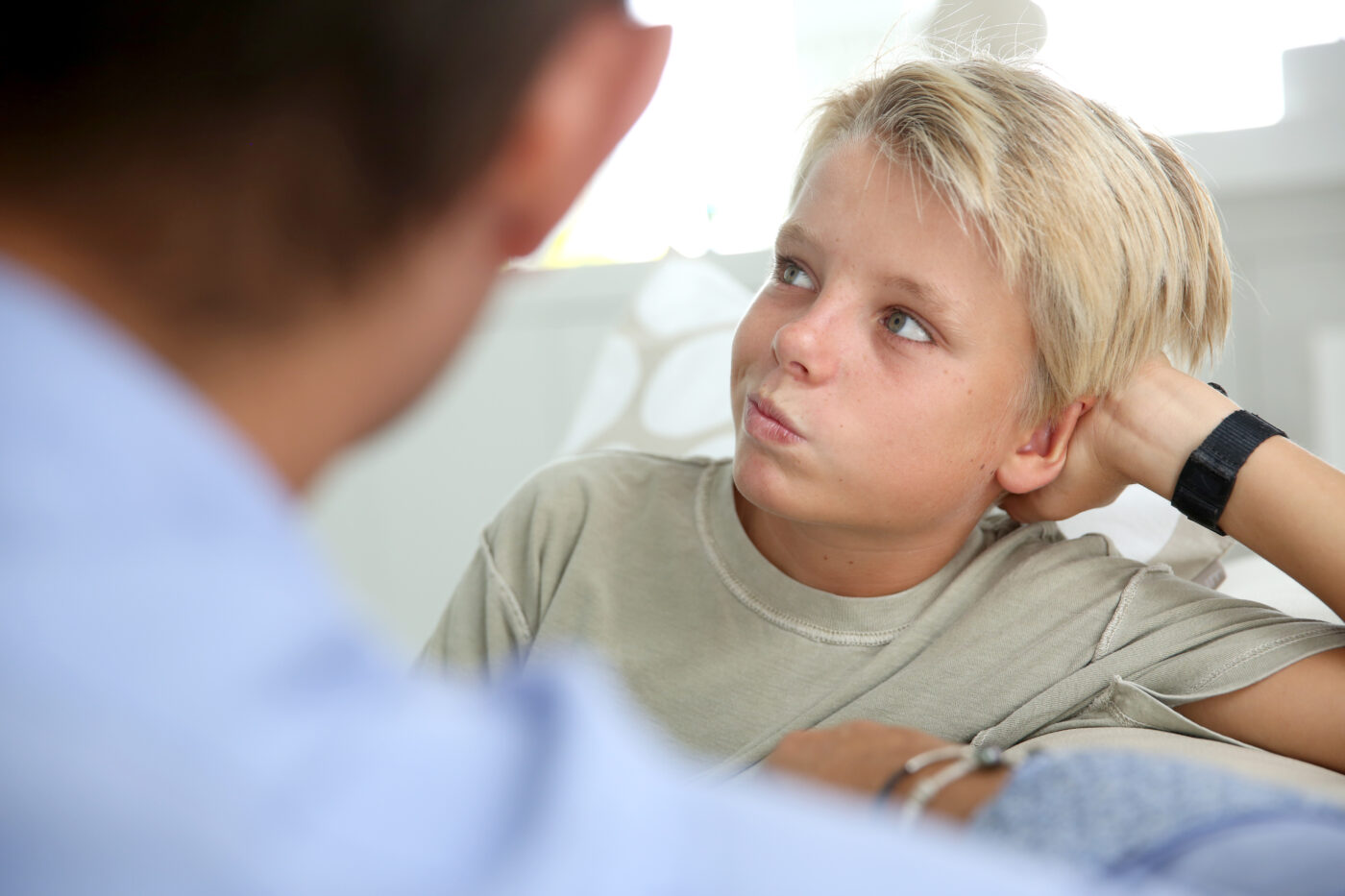Parental involvement in the lives of children has been shown to lower the risk for substance abuse and other risky behaviors. Recent research at Columbia University revealed that parents who exert their parental authority by taking a “hands-on” approach to raising their children not only have better relationship with their kids, but also reduce their risk of harming themselves with drugs and alcohol.The research has identified twelve parental actions or behaviors that are associated with decreased risk for drug and alcohol use. They are:
- Parents who expect to be told where their teen is going in the evenings and weekends
- Parents who made it clear that they would be very upset if their teen tried marijuana
- There are no periods of time of 1 hour or more after school or on the weekends where the parents do not know where the teen is.
- Parents monitor what the teen is watching on TV
- Parents restrict the kind of music their teen can purchase
- Parents are very aware of how teen is doing in school
- Parents monitor internet usage
- Family has dinner together 6-7 times per week
- Teen had weekend curfew
- Adult is always home when a teen returns from school
- Teen is responsible for regular chores
- TV is not on during dinner.
Hands on Parents are those who consistently achieve at least 10 of the 12 actions described above. Unfortunately, only about one quarter of teens live with “hands-on” parents.
Hands-Off Parents
“Hands-off” parents consistently fail to set rules and monitor their teen’s behavior. Of the 12 actions described above these parents routinely achieve five or less. Consequently, their children are more likely to engage in substance abuse and other high-risk behavior. Some specific examples include:
- Teens whose parents are “very unaware” of how their teen is doing at school are at nearly three times the risk of teens whose parents are “very aware” of their teen’s schooling.
- Teens whose parents do not keep track of their whereabouts are at twice the risk of teens whose parents do.
- Teens without a curfew are at one and a half times the risk of teens that have one.
- Teens who do not regularly eat dinner with their families are at one and a half times the risk of teens that eat dinner with their parents nearly every night.
- Teens whose parents would “not be too upset” about their teen’s pot use have teens at more than triple the risk of teens whose parents would be “extremely upset.”
- Teens whose parents fail to monitor their teen’s television and Internet viewing, and restrict their music purchases are at twice the risk of those teens whose parents monitor these activities.
In truth, all children, especially teenagers need their parents to establish rules and expectations. In sharp contrast to contemporary thinking about child rearing, children with hands on parents seldom rebel or pull away. On the contrary, the research confirms that “hands-on” parents are much more likely to have an excellent relationship with their teens than permissive parents.
If you are having trouble with a teen or any parenting problems talk with some trusted friends, clergy or seek professional help. It’s never too late to become a “Hands on Parent.”









